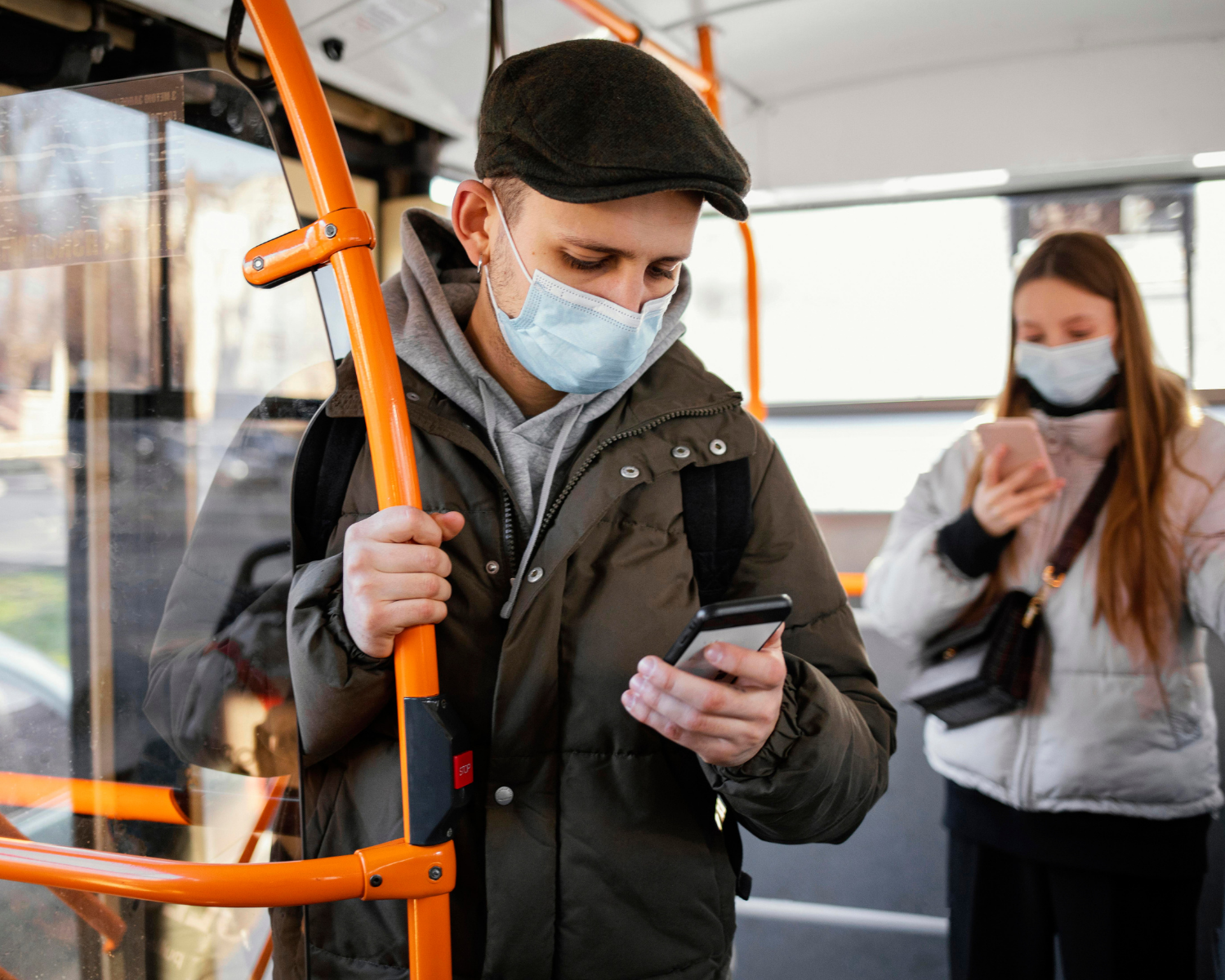Answering tough questions about disease with human challenge trials
The unique advantages of inpatient trials exposing humans to disease
Human challenge trial: A type of clinical trial/study where healthy, informed, and consenting adults are intentionally exposed to a pathogen (virus or bacteria). This is carefully planned to keep participants safe and takes place in a controlled environment.
Though other study methods play an important role in advancing vaccines and treatments, human challenge trials have some advantages that can help us find the answers to longstanding questions about disease.
There are plenty of other study methods we can use to learn about disease, vaccines, or the immune system – so why are human challenge trials conducted?
When it comes to testing a new vaccine, multi-phase clinical trials are seen as the gold standard. And researchers have multiple other ways to learn how our immune system reacts to an infectious disease or to test the effectiveness of a new vaccine or treatment. They can collect data from naturally occurring outbreaks, study the disease ethically in animals, or observe how live cells interact with the pathogen through lab tests.
Human challenge trials are considered when questions about a disease have gone unanswered for a long time, and the illness has significant impacts on society. Though other study methods play an important role in advancing vaccines and treatments, human challenge trials have some advantages that can help solve these mysteries.
The advantages of human challenge trials
Human challenge trials offer a controlled environment.
Clinical trials are typically outpatient. Influences from a participant's day-to-day life (like catching another disease) could affect the data collected for the study.
Typically, clinical trials are outpatient studies. Participants can go about their daily lives but have scheduled visits and tests. Health conditions, illnesses, starting a new medication, or catching another disease (like COVID-19) could all occur, potentially affecting the data collected for the study. Human challenge trials are usually inpatient, like a hospital stay. This allows researchers to observe the body’s natural immune response in a controlled environment where researchers can manage many of these influences.
Because the exposure to the disease is planned, a challenge study can help researchers learn more about the immune response than studying naturally occurring infections can. When someone gets sick, they don’t always know when or where they caught the illness. In a challenge study, researchers plan exactly which strain of the pathogen participants are exposed to and when. They can closely monitor every stage of the illness in relation to the timing of the infection.
When there are fewer outside influences, researchers can more clearly understand what the results of the study could mean, focusing on specific aspects of the disease to study it more deeply.
Challenge studies can be more efficient.
In later stages of a standard clinical trial, after a vaccine is shown to be safe, researchers can then study how well the vaccine reduces or prevents disease. The researchers compare vaccinated and unvaccinated groups in the study who naturally encountered the disease in their day-to-day lives. They assess how well the vaccine protected each of these groups and if there was a pattern.
Human challenge trials intentionally expose participants to disease at a planned time and place. They don't have to wait for a certain number of participants to become sick in day-to-day life.
But because the possibility of participants encountering the disease in their day-to-day lives is random, studying how well a vaccine protects against that illness takes longer. A significant number of participants need to become sick before researchers can tell if there is a meaningful difference between the vaccinated and unvaccinated groups. This could cause delays in the approval of the vaccine.
Collecting data in the field where natural outbreaks are occurring – another way to study diseases – depends on researchers being in the right place at the right time with the right equipment.
Since human challenge trials intentionally expose participants to disease at a planned time and place, they can be a more efficient and time-effective way to test a vaccine or closely observe the immune response to a disease.
Human challenge trials give us more complete information than other studies.
In a challenge trial, researchers know for sure that participants will encounter the pathogen and can collect more data with scheduled daily tests – providing more complete data than other types of studies.
In a challenge study, researchers can collect daily samples because the participants stay on-site in an inpatient facility for days or weeks at a time. This provides more complete data than other types of studies in humans, where samples require a scheduled visit and can’t be collected as often.
Animal studies, held to high ethical standards, can test how safe a vaccine is before the first trials in humans and provide other important insights. Alternately, other tests in the lab use live cells to show how human immune cells respond to a threat. But there are some things these animal and cell models can’t tell us. The way an animal’s immune system or cells grown in a lab respond may not always be the same as how a human’s immune system does.
Observing the immune response in the human body is sometimes the best way to understand how different people fight off the disease, or to learn how to make new or improved treatments or vaccines to address the infection.
What we learn leads to important advancements
Because of the unique advantages of human challenge trials, these studies have been a key tool for advancing our knowledge of disease and how to protect people from severe illness. For decades, challenge trials have allowed us to study the early immune response with more depth and allowed researchers to improve and develop vaccines and treatments. Ultimately, these advancements have prolonged lives in our communities and around the world.




